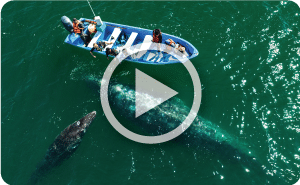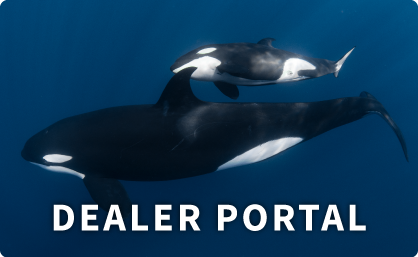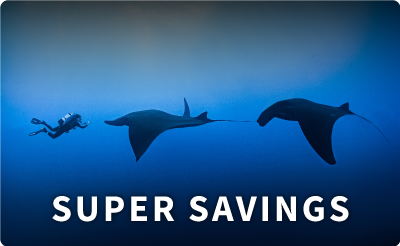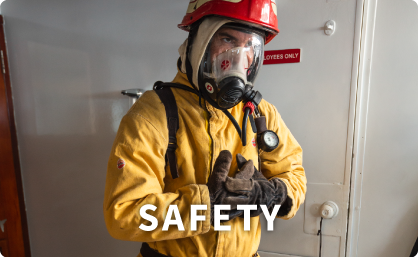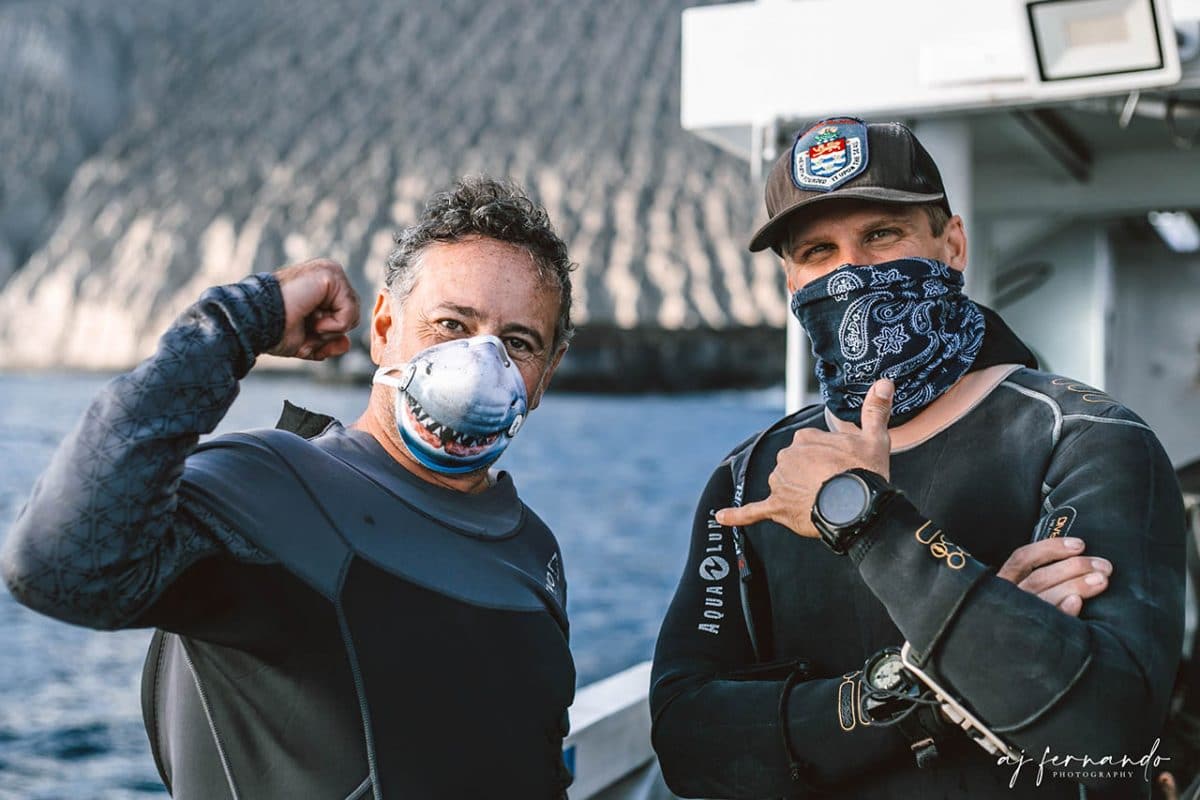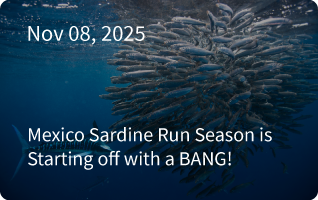While Earth Day officially falls on 22nd April, we believe that everyday should be a celebration of our planet and the need for its conservation. As divers, we can all act more environmentally responsible, as to quote legendary ocean explorer Dr Sylvia Earle, with “no water, no life. No blue, no green.” But don’t worry, we’re not asking you to move the world, eco diving is relatively simple. Being proactive, passionate, and making a few simple changes to your lifestyle will all help protect the environment. So, without further ado, follow these top five tips for eco diving…
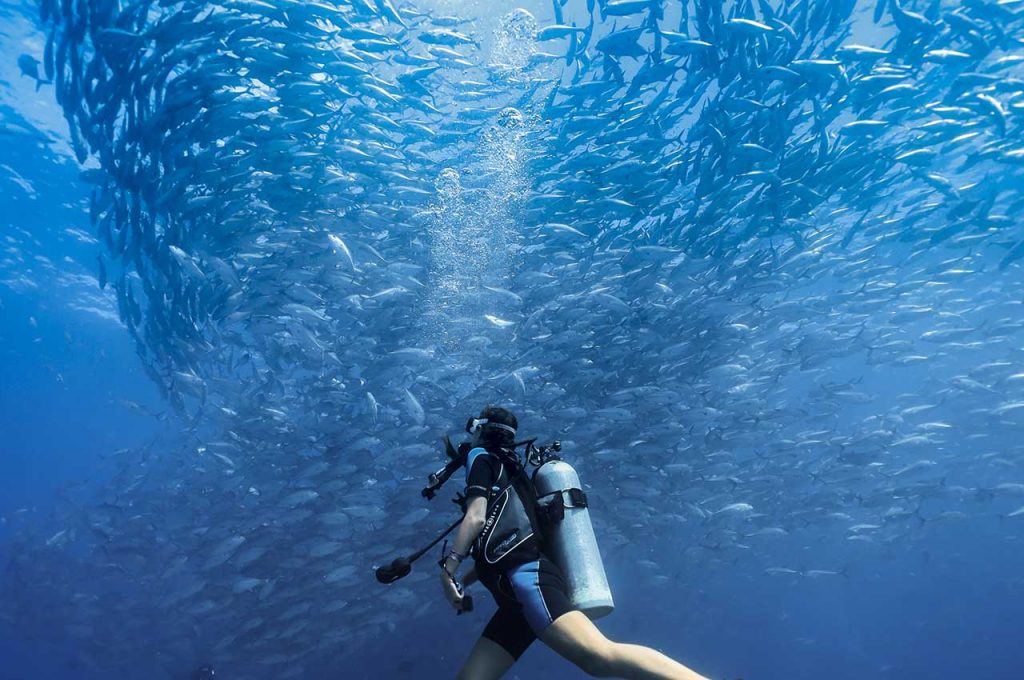
Buoyancy Control
While one scrape of a fin or a stabilizing grasp on a rock or coral might seem innocent, accumulating this over time can start to take its toll on the marine ecosystem. By fine tuning our buoyancy skills and having a hydrodynamic position underwater, we no longer have the natural instinct to reach out since the sensation of ‘falling’ no longer exists, which in turn reduces risks of accidental damage to the coral reefs as well as injuries underwater. Signing yourself up for specialty courses like the Peak Performance Buoyancy are great ways to improve your body positioning, kicking style, air consumption and your confidence under water.
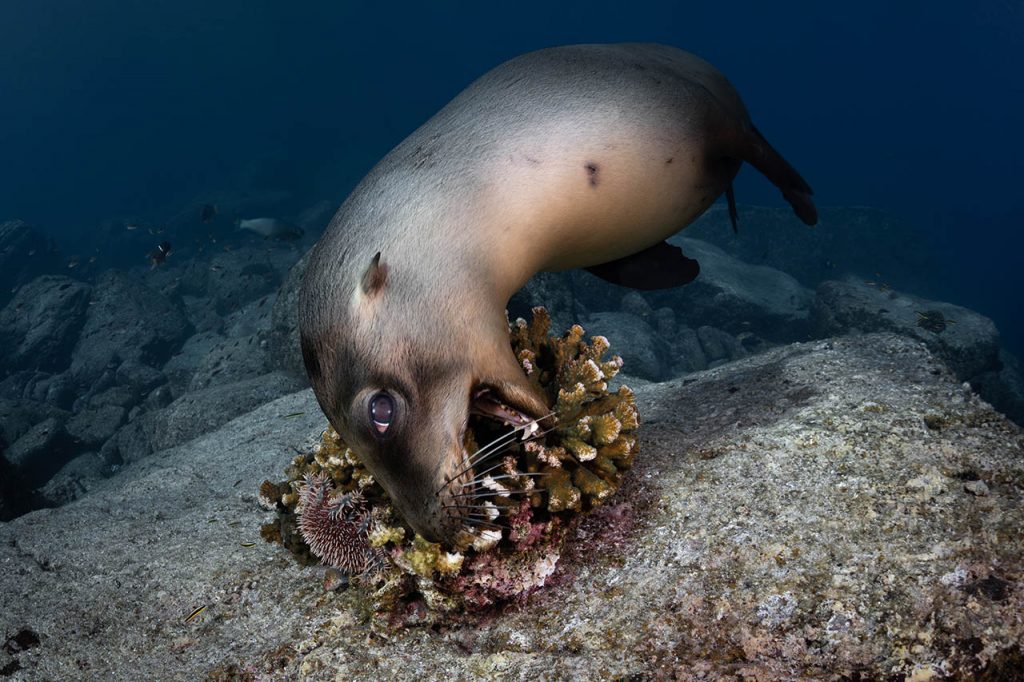
Don’t Feed the Fish
A diver’s most important mantra is to never disturb marine life, and this includes feeding fish. Bread is the most common bait used to attract fish and while doing this may seem harmless it can have disastrous implications to the ecosystem. Why? For starters, fish may become reliant on this type of diet. Not only is there no nutritional benefit, but it also creates an unnatural feeding environment which in turn can have long lasting effects on the entire food chain.
Coral reefs are the first to be affected as algae (a main food source for reef fish) competes with corals for light and space, and when fish replace algae with man-made snacks, a coral reef can quickly reduce in coral numbers and spike into an algae avalon. It is truly a Butterfly Effect!
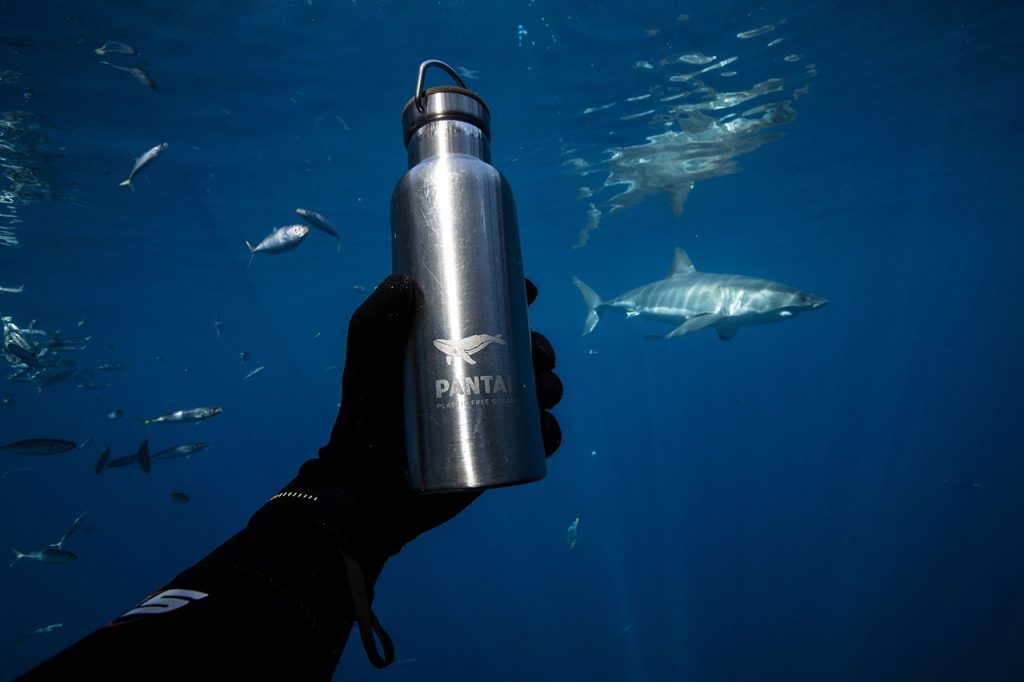
Correct Disposal of Rubbish
Eco diving isn’t solely water based; it involves being responsible out of the water too. Food wrappers, plastic bottles and cigarette butts are the main source of marine pollution from humans. Stubbed out on a beach or blown off a dive boat, they can cause serious harm to marine life and coral reefs. Cigarettes are the most littered item in the world, and it’s estimated that around six trillion cigarettes are manufactured each year, around 65% of which are littered.
Consider ditching plastic bags, bottles, straws (the list goes on…) altogether for their reusable counterparts, but if you do find yourself with trash, make sure you dispose of it correctly and never throw anything into the ocean. If you’re ever unsure, ask a crew member.
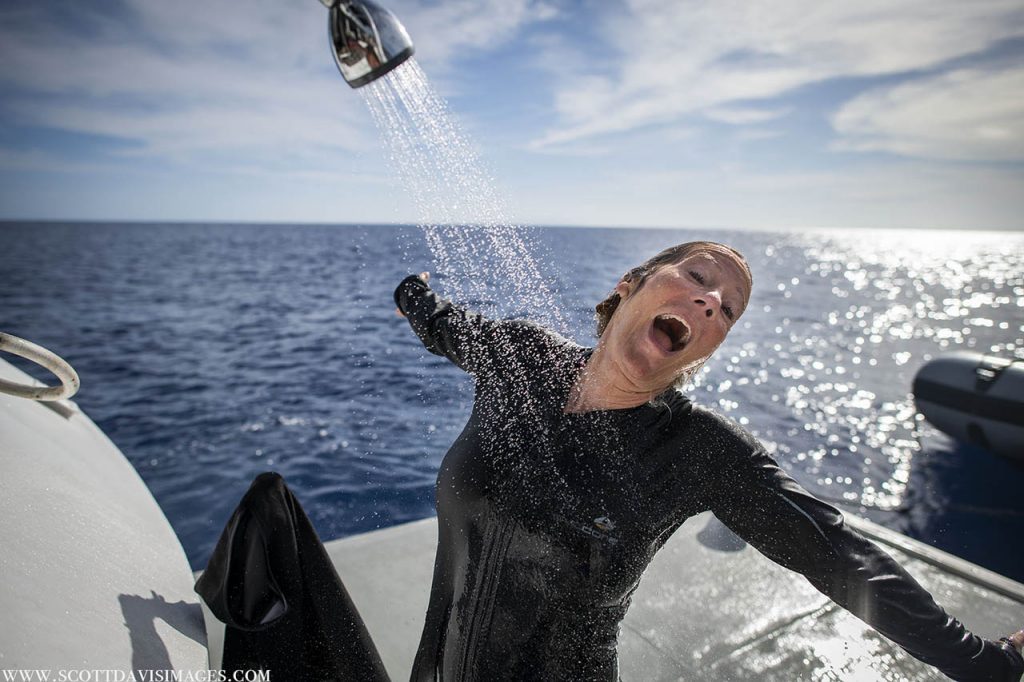
Reef Safe Sunscreen
If you’re coming on a diving vacation, it’s likely there will be plenty of sunshine along with it, so using sunscreen is inevitable. However, covering yourself in sunscreen may be causing destruction to the very coral reefs you are about to go and explore. The main chemical culprit is called oxybenzone. This has been proven to bleach corals and, in some cases, actually kill it. While ‘reef safe’ products are becoming more commonplace, this term is unfortunately not government regulated, therefore always check the label as some products will still contain oxybenzone. We provide Stream2Sea sunscreen, soap and shampoo on board our boats, which are free of oxybenzone and are the only mineral based products on the planet. Switching to these kinds of alternatives will have a huge impact on the environment.
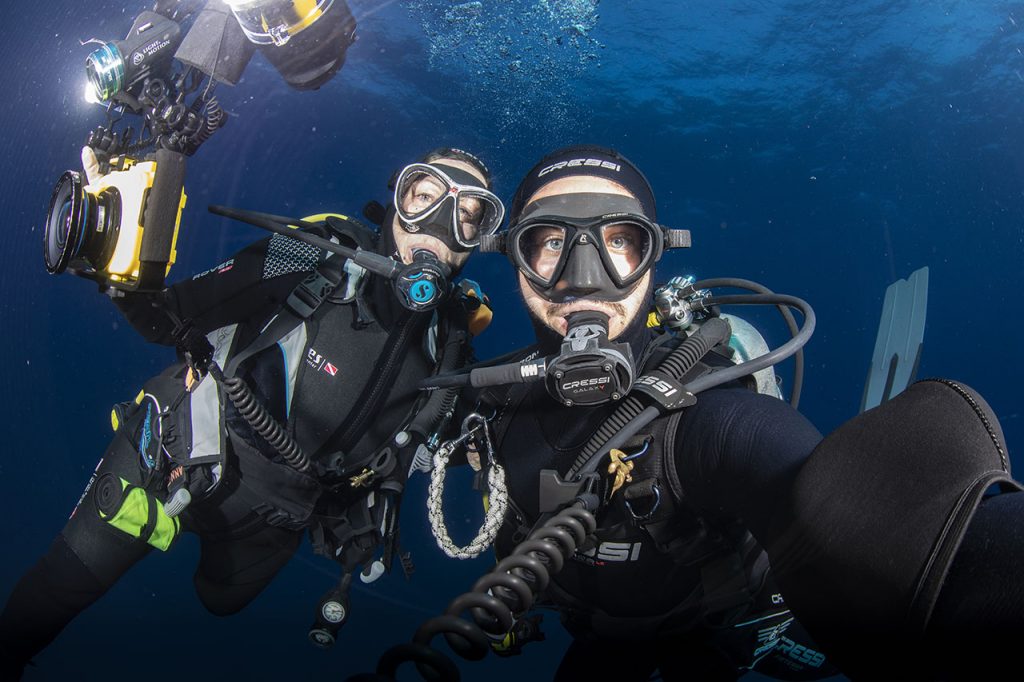
Take Only Memories & Leave Only Bubbles
Scuba divers taking cameras underwater tend to be more susceptible to bottom or coral reef contact during their dives. Buoyancy control can be incredibly hard to master when using an underwater camera for the first time. Improving your buoyancy to take better photographs whilst also being environmentally conscious is what we strive for, and if you’re interested in improving your photography techniques, our Backscatter team run a complimentary underwater imaging workshop on every departure day.
Remember: never touch, chase or harass marine life whilst diving. Be patient, you will get better photos if you allow the marine life to come to you – check out our top five photography tips.
Whether you’re an eco-friendly diver or a landlubber looking to travel more responsibly, there is no denying that the issues facing the ocean, and indeed the planet, fundamentally matter to every single one of us, and we have all have a play a part in securing the future of the ocean.
We’re constantly on the hunt for alternative energy sources and aim to be carbon neutral by 2022. Over the last 15 years, we’ve also raised over $US350,000 towards science and conservation efforts and you have our promise that a portion of the proceeds from every trip with Nautilus will continue to fund “giving back to our planet”.
GET IN TOUCH TO LEARN MORE
Image credit: David Serradell, Scott Davis, Pantai – Plastic Free Ocean
